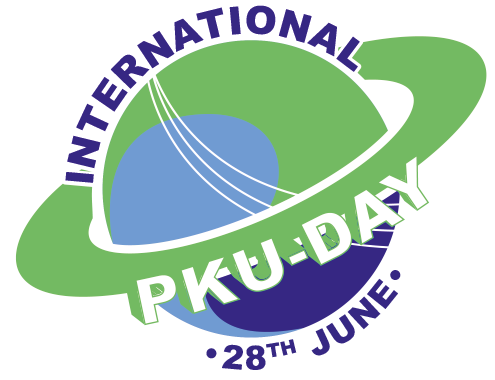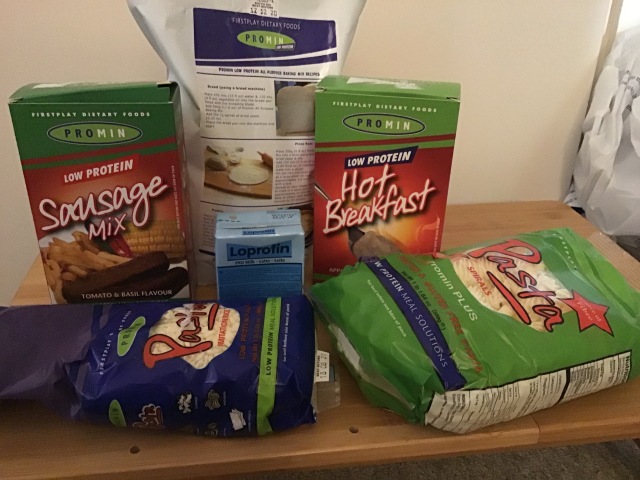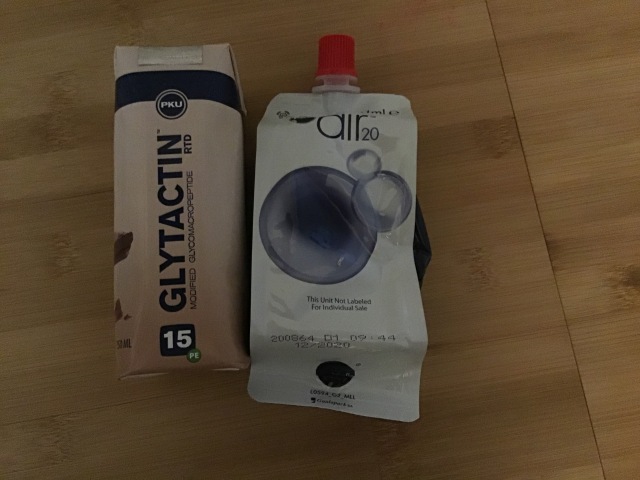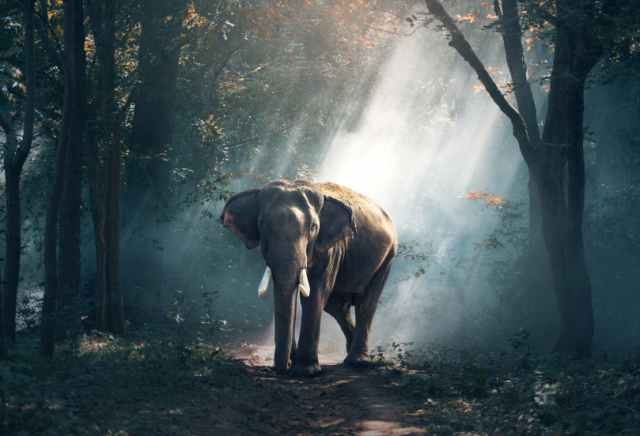I felt the need to write this to get it out of my head and off my chest, so to speak. I was not originally intending to post this anywhere public, though I was thinking of writing a poem that expresses these thoughts. However I have chosen to post this here.
I have chosen to be bluntly honest about my own reactions, and the areas where I know I need improvement. A couple of days have passed since I wrote the majority of this, and things have changed in that time! Rather than tear what I already wrote to pieces to try and bring it up to date, I have chosen to leave it as it is, and include some additional paragraphs at the end.
Written 5/6/2020:
My first, instinct reaction when I heard about the protests in America, was nothing to do with the cause of the protests. My first thought when I saw the news footage for the first time was something like “Seriously? Huge crowds of people packed together in the middle of a pandemic, in the country with the highest infection rate?”
This was a very personal reaction, because as a vulnerable person, I’ve been having—I admit it—resentful thoughts towards the crowds of people flocking to leisure and beauty spots to enjoy the fine weather, even if they were technically socially distancing. I do not feel safe to go out. My anxiety can barely handle my parents dropping off shopping. I live in a quiet enough area that I feel relatively safe walking around the block and to the post-box, but just going through my block of flat’s communal area to get there or into our communal-but-I’m-the-only-one-using-it mini-garden, is a mentally demanding task, so I don’t do it very often.
I mentally labelled the protestors the same, “irresponsible”, and I know that’s not right. I try very hard to avoid judging people, but I am a work in progress.
I accept that not all the people protesting are probably there for the same reasons. That’s not to say I don’t still have mixed feelings for those who are protesting in peace out of a desire for justice and equality. I’m sure some of them, like many people still irrationally do, feel they’re invulnerable to the virus. The majority, however, have probably taken the decision that the personal risk to them is less important than the cause they’re fighting for, and though I understand that a lot more, I have to ask—what about the people they come into contact with if they catch the virus? The ones who did not make that very personal choice? Is every protestor who made that decision completely isolating when they’re not at the protest?
And then there are those who are violent; either because they think it’s justified, or because all the strains of the last few months have got to them, or because they’re not there because of the cause and have jumped on the bandwagon.
I don’t personally know any numbers about potential casualties or injuries caused to either protestors, police or other authorities clashing with them, or innocents who happened to get in the way. Common sense tells me that some people must have got hurt during all of this, and that’s not right. People’s livelihoods have also been destroyed, at a time when livelihoods are under threat anyway.
My feelings about all of the above would, I think, be the same no matter what the cause of the protests. However I will freely admit that I might empathise more with the cause if I were myself black or from another ethnic minority group.
Before you label me “racist”, hear me out.
I said empathise, not sympathise. I have deep sympathy for George Floyd, his family and friends, all the victims of racial hatred and their loved ones, and everyone who experiences racism. I believe in racial equality. But I have no personal experience to help me empathise. I’m not from an ethnic minority group, nor are the people closest to me. I don’t have many people I’m close to full stop, and I’ve grown up in and mostly lived in a relatively ethnically un-diverse rural area.
That said, I do know what it’s like to be in a marginalised minority group. And I’ve asked myself a question several times over the last few days: would my heart be breaking more if it were a disabled person who had been killed?
The answer, I hate to admit, is probably yes. Not because I don’t believe both are equally unjust, but because that is something that I can relate to on a more personal level. I don’t know what it’s like to be judged and labelled from a cursory glance at your appearance. And I believe it’s humanly impossible to fully understand, no matter how empathetic of a person you are, something like that unless you have personal experience of it.
I have what I suppose would be an inverse: I have an invisible disability, so when people look at me, they don’t see anything wrong. And many healthy people have a problem comprehending that just because I look well, doesn’t mean I can’t be in pain, or exhausted to the bone, or require a seat or to skip a queue. Even those who can grasp that, I think humanly cannot fully understand what it’s like to be on the receiving end of the “you don’t look disabled” attitude unless they have experienced it themselves.
I can be horrified at something and know it’s unjust, even feel outrage and sadness, but the injustices that naturally hit a person hardest are the ones they can most personally relate to. I am only human in that respect.
But the last couple of days have opened my heart more. For days I have been praying for justice, and an end to the protests. I don’t know if every time I asked for an end to the protests themselves, or an end to the need for protests; I can’t remember. I’m not sure exactly which I meant at the time either, though in my heart I have always wanted racial equality. God, however, can see deeper than the words I say and even my conscious intention (which are often not the same thing). Then yesterday morning, I saw the announcement that the rest of the police officers at George Floyd’s arrest are being charged, and I was overwhelmed with relief. I thanked God for justice. My relief, however, was not just that justice was being done in that instance, but because in that moment I naïvely thought/hoped that the protests would end. Right afterwards, there was an interview with Dominique Walker, the sister of a former victim like George Floyd, and herself an ex-police officer.
I don’t remember all the details now (my memory is like that), but it spoke to my heart. It also opened my eyes to the fact that racial discrimination is more prevalent in this country than I had believed. Although I know it still exists, and my impression is it’s more prevalent in America, our very (in some ways overly) PC society has led me to believe that it’s rarer than it is.
I don’t have all the answers to that. But I think there are things that we as ordinary people can do. We can raise our children to respect all human beings; to show care and compassion to all. We can remember and explain the atrocities made in history and why we need to learn from them rather than airbrushing them out. We can set an example for other people to follow. We can love our neighbour as ourselves.
Later in the day, I sat down and did a writing exercise to try and get some of these thoughts out of my head. But I still need to get all of this out, now.
This morning also had an impact on me, as I saw a long Facebook post from my brother, who’s been living in America for the last couple of years, from last night. He made a statement that there would be peaceful protests in his town, and he wanted to join but couldn’t because of his circumstances. He mentioned some law in his state, but I don’t know the details of that as I write this. I am hoping to talk to him some point soon (though that’s difficult with time zone issues), and ask him what he thinks of rallies in the midst of a pandemic. I hope to have a meaningful discussion with him that challenges my own thoughts where they need to be challenged. But he also condemned the violence, and made some very good comments about the cause. I personally don’t get all the politics of racism (especially not American politics) so I hope to get him to explain that to me a bit better as well.
It’s the combination of both of those events that have prompted me to sit down and write this instead of doing necessary household tasks before my physical energy evaporates. Because I need to get all of this out.
There’s a worship song I’ve known for years called “Hosanna”. I have sung, spoken, and written out the words on Facebook, as a prayer before from time to time. But the last couple of days I have meant it more than ever.
Heal my heart and make it clean
Open up my eyes to the things unseen
Show me how to love like You have loved me
Break my heart for what breaks Yours
Everything I am for Your Kingdom’s cause
The full lyrics are here and a Youtube video of the song is here.
Written 7/6/2020:
Since writing the above two days ago, things have developed. Protests here in the UK (and other countries) have grown. The UK government has issued official advise asking people not to gather in huge crowds because of the threat of Covid19. Towards the end of yesterday, violence broke out in London, and people were injured.
I admit I still have mixed feelings about the protests. I respect those who drew out squares in the streets to help protestors stay two metres apart, but notice that is not the case everywhere. I worry about and pray for the protestors and the people they come into contact with, and pray this won’t contribute to a second wave.
I beg for people to find other ways to protest. Safer ways, with less human contact. Please. I fully agree with the need for change, and I recognise that mass protests might be the only way to get some people to sit up and take notice. I myself am one of the people who did not realise how much change was needed until all of this happened. But there must be other ways to do this!
As I write this I find myself thinking of the climate change school strikes, but in the current situation I realise that’s not exactly a practical example! However there must be alternatives that can be creatively implemented, that will have the desired effect but without the threat of virus spread or people getting hurt. As a creative, though, I have to admit I don’t have any immediate ideas. If something occurs to me, I will post it.
Since writing the first section, I also came across some interesting posts in a writing forum I’m a member of. One was a very striking and moving poem, though I’m afraid I can’t link to it as it was shared in a private space for feedback. There was also discussion on how non-BAME writers can write BAME characters in a way that feels real to BAME readers. This is something I personally have wondered about before, and want to get into, now more than ever. I intend to hunt down some good resources to help me in that area.
All in all, this has been a very eye-opening week for me, and I hope it has been for many others as well. I’ve been writing all along that I expect many positive changes to society to come out of this time, and I sincerely hope and pray that consistent racial equality is one of them.
Stay safe.
#BlackLivesMatter



